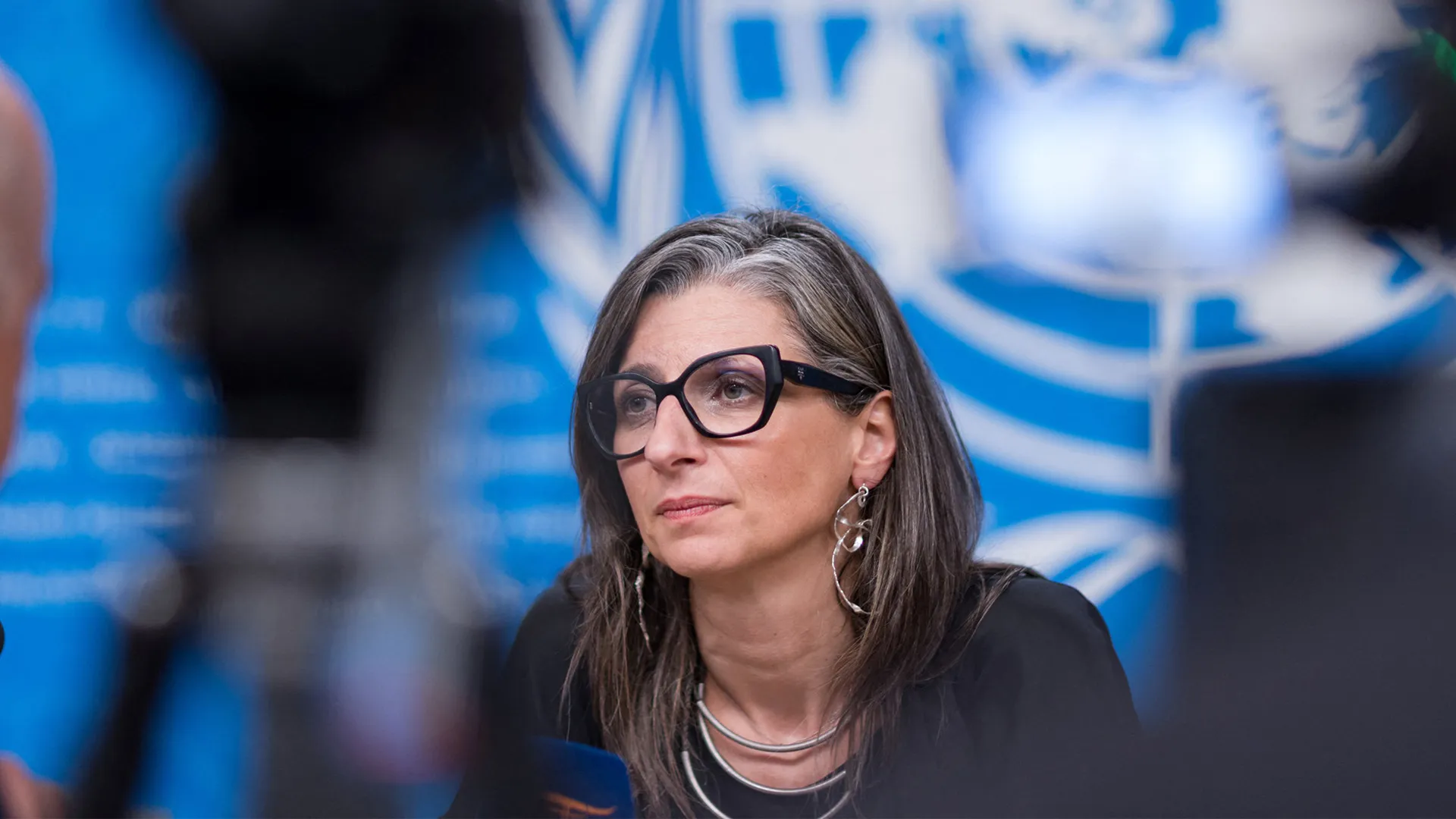Filmmaker explains why he backs Francesca Albanese amid pressure to resign | Israel-Palestine conflict
French filmmaker Frank Barat is among 100 artists, including Mark Ruffalo, who’ve signed an open letter in support of Francesca Albanese who faces growing calls from European governments to step down as UN rapporteur. It comes after a fake video of her sparked allegations of anti-Semitism.
Published On 15 Feb 2026
